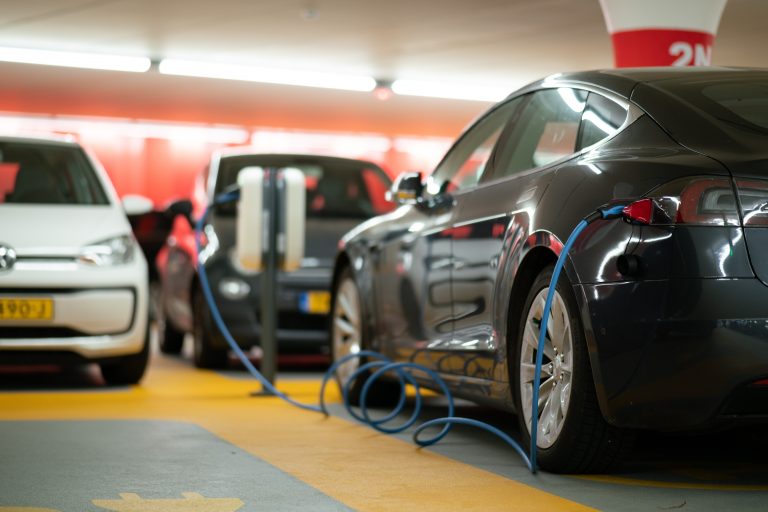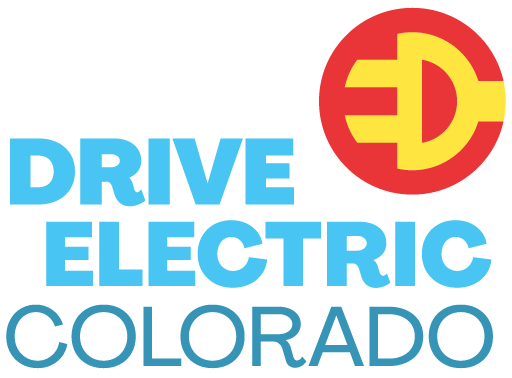What are the Costs of Charging an EV?

EV owners have multiple options for charging their vehicles. From plugging your car in at home to using a direct current (DC) fast charger at a library, the cost of charging differs. Factors such as charger level (L1, L2, L3), time of use rates, and vehicle use can affect the price. The National Renewable Energy Laboratory (NREL) published a study analyzing the levelized costs of charging (LCOC) EV’s in the United States. The authors identified the average LCOC of charging in the United States to be $0.15 kWh for light-duty, battery electric vehicles. This study assumes a charging mix of 81% residential, 14% workplace and/or public L2, and 5% DC fast charge, and that 84% of residential charging uses L2 electric vehicle supply equipment (EVSE). Their model emphasizes residential charging, as most EV consumers charge their personal vehicles at home.
Currently in Colorado, the average price of electricity for residential use is approximately $0.13 kWh. If electricity costs $0.13 per kWh and the vehicle consumes 33 kWh to travel 100 miles, the cost per mile is about $0.04. If electricity costs $0.13 per kWh, charging an EV with a 200-mile range (assuming a fully depleted 66 kWh battery) will cost about $9 to reach a full charge. Considering $3.44 per gallon (average gasoline price in Colorado) a 2020 light-duty internal combustion engine (ICE) vehicle averaging 25.7 MPG would cost $26.77 to fill up a 200-mile range tank. You save significantly more money on fuel costs for an EV than an ICE vehicle!
Charging costs can vary depending on different charging behaviors and equipment costs. Suppose you solely charge your EV using a public DC fast charger. In that case, you will likely pay more per kWh and any additional demand charges than if you used a Level 1 or Level 2 charger. In addition, there are several pricing structures that EV consumers may encounter when charging their vehicle in public. Common pricing structures can price by kWh, by session, by the length of time, or through a subscription. Session and time-based structures are common in states where non-utilities are prohibited from selling electricity. While imposing a fee for using charging infrastructure is becoming more common, more than 50% of public chargers are free to use. There are different pricing models across the various charging network providers, including pricing for members versus non-members, user-specific pricing (i.e., free charging for certain vehicle owners), site host-specific pricing, and pricing based on the rate of charge. Despite the differing price structures, it is almost always less expensive to recharge an EV than to refuel a similar-sized ICE vehicle.
To compare fueling costs between individual vehicle models of ICE and EVs, explore the Alternative Fuel Data Center (AFDC) Vehicle Cost Calculator. To learn more about EV charging, visit our All About Charging page.




